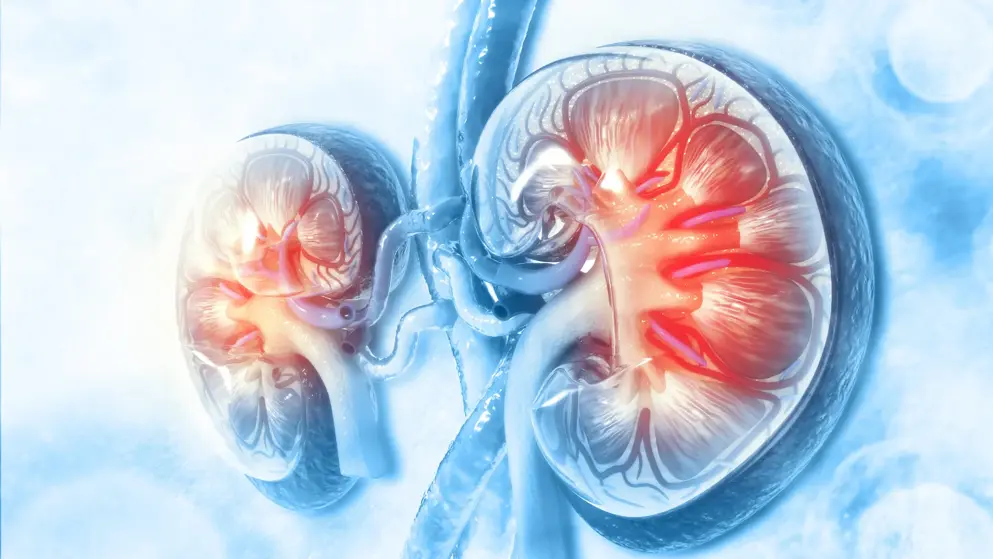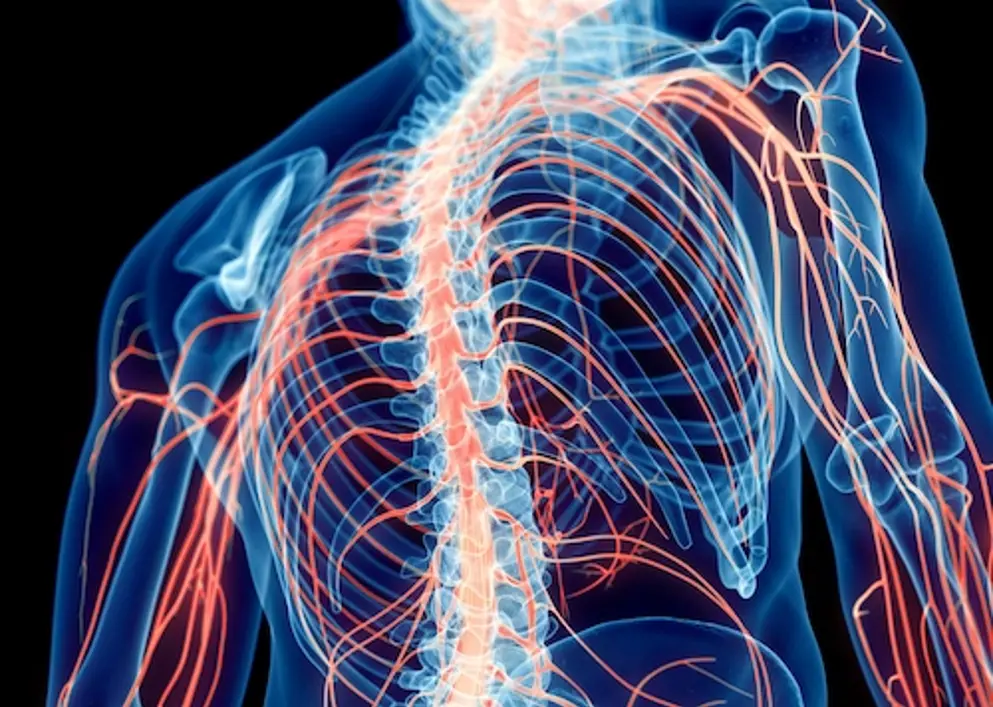Efficacy and safety of sodium zirconium cyclosilicate for hyperkalaemia: the randomized, placebo-controlled HARMONIZE-Global study
Efficacy and safety of sodium zirconium cyclosilicate for hyperkalaemia: the randomized, placebo-controlled HARMONIZE-Global study
Aims: Sodium zirconium cyclosilicate (SZC, formerly ZS-9) is a selective K+ binder to treat adults with hyperkalaemia. HARMONIZE-Global examined the efficacy and safety of SZC among outpatients with hyperkalaemia from diverse geographic and ethnic origins.
Methods and results: This phase 3, randomized, double-blind, placebo-controlled study recruited outpatients with serum K+ ≥5.1 mmol/L (measured by point-of-care i-STAT device) at 45 sites in Japan, Russia, South Korea, and Taiwan. Following open-label treatment with thrice-daily SZC 10 g during a 48 h correction phase (CP), patients achieving normokalaemia (K+ 3.5-5.0 mmol/L) were randomized 2:2:1 to once-daily SZC 5 g, SZC 10 g, or placebo during a 28 day maintenance phase (MP). The primary endpoint was mean central-laboratory K+ level during days 8-29 of the MP. Of 267 patients in the CP, 248 (92.9%) entered the MP. During the CP, mean central-laboratory K+ was reduced by 1.28 mmol/L at 48 h vs. baseline (P < 0.001). During the MP (days 8-29), SZC 5 and 10 g once-daily significantly lowered mean central-laboratory K+ by 9.6% and 17.7%, respectively, vs. placebo (P < 0.001 for both). More patients had normokalaemia (central-laboratory K+ 3.5-5.0 mmol/L at day 29) with SZC 5 (58.6%) and 10 g (77.3%) vs. placebo (24.0%), with the greatest number of normokalaemic days in the 10-g group. The most common adverse events with SZC were mild or moderate constipation and oedema.
Conclusions: Normokalaemia achieved during the CP was maintained over 28 days with SZC treatment among outpatients with hyperkalaemia.
Read abstract on library site Access full article





